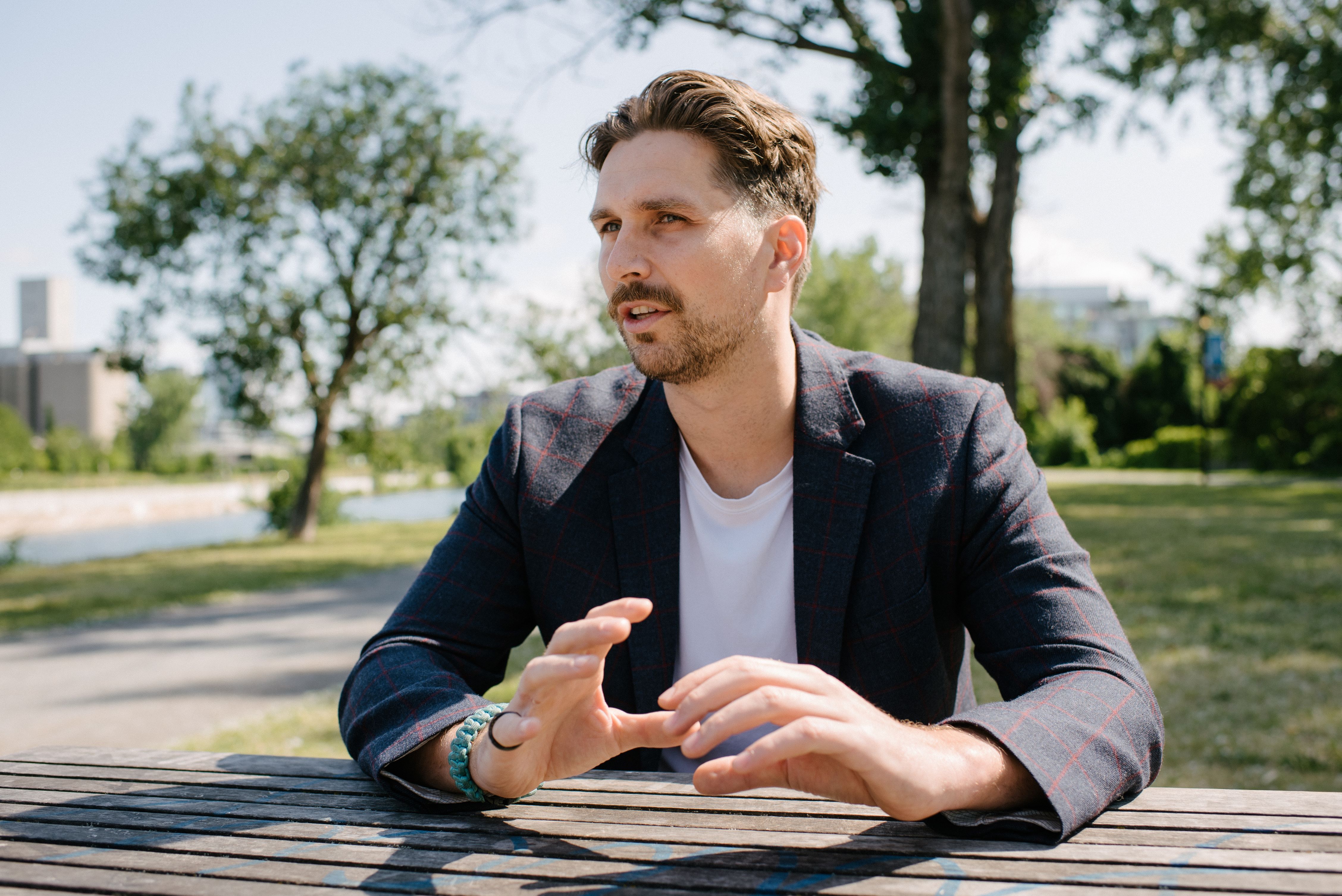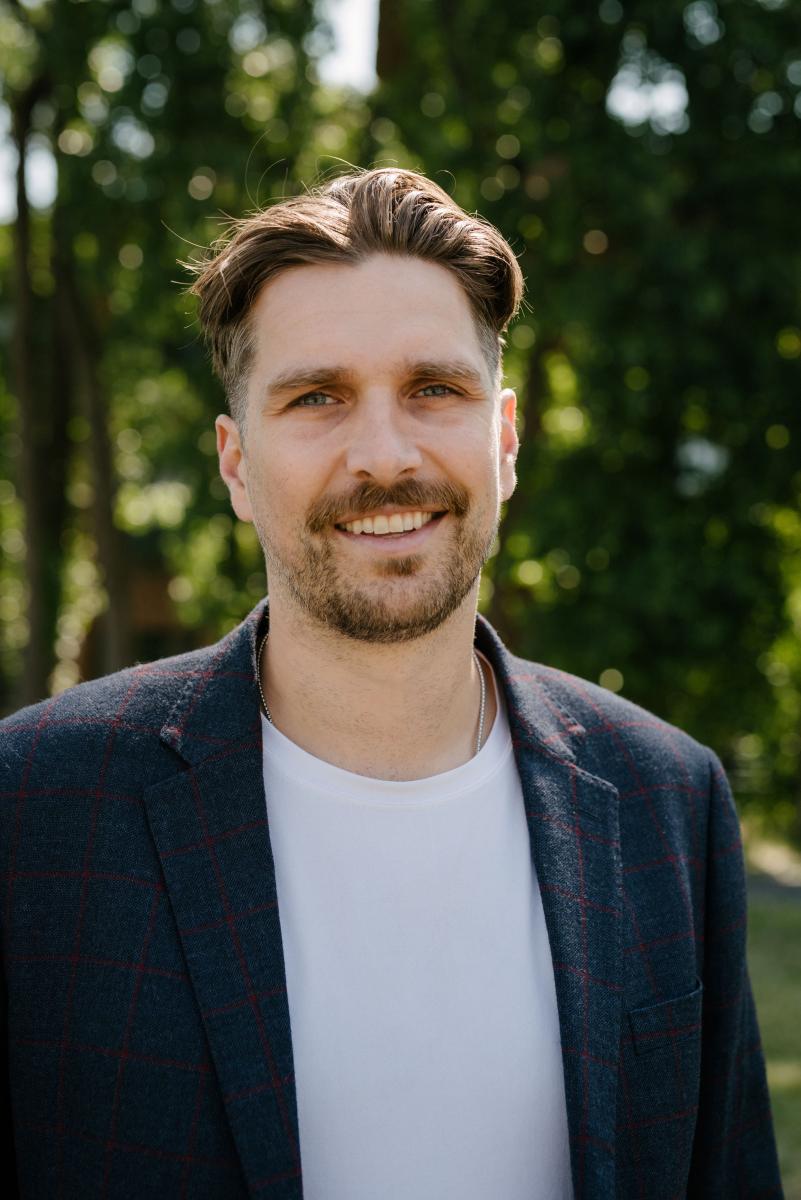Sieger Roorda: the importance of mental preparation for performance

Blog
-
March 05, 2024
A laugh at the opera!
Today, we're off to discover a program for young people concocted by our Civic Action and Education department, in collaboration with the young audience company
-
January 18, 2024
Back to the future... of OPERA!
Vickie Zhao, Alex Ionescu, and the adventures of La Reine-garçon Text: François Ulrich Photo: Tam Photography
-
November 30, 2023
Spread Your Wings: The Career Launch Program
In the summer of 2022, many of you supported a new initiative to help Atelier lyrique "graduating" artists: the Career Launch Program. Here's some good news following this campaign.
-
November 20, 2023
Sieger Roorda: the importance of mental preparation for performance
Sieger Roorda, mental performance consultant
-
November 02, 2023
Portrait Karoline Podolak, soprano
KAROLINE PODOLAK, SOPRANO ATELIER LYRIQUE 2022-2023
-
October 25, 2023
The 7th edition of the Talent Gala: our annual philanthropic event
It is with great excitement that Opéra de Montréal will be hosting the 7th edition of its Gala Talent on Thursday, November 9 at Salle Wilfrid-Pelletier, returning to a sumptuous format not experienced
-
September 20, 2023
The Marriage of Figaro: An Ideal Opener for Nicolas Ellis
Text: Véronique Gauthier Photo: Vivien Gaumand
-
June 16, 2023
Portrait Sydney Frodsham, contralto
sydney frodsham, contraltO ATELIER LYRIQUE 2020-2023
-
May 08, 2023
New Appointments to the Opéra de Montréal's Board of Directors
Me René Branchaud, President of the Board of Directors of the Opéra de Montréal, is delighted to announce the appointment of a new slate of officers to the company’s board of dire
-
March 16, 2023
Rocio Vadillo: Fiery Flamenco, from Spain to Montreal
Text : Véronique Gauthier Photo : Pier-Olivier Pinard
-
March 10, 2023
The Opéra de Montréal launches its new 23-24 season and announces its new cohort at the Atelier lyrique
The Opéra de Montréal is incredibly excited today to launch its 2023-24 season, with a wonderful selection of works, including The Marriage of Figaro, La Reine-garçon, Enigma, La Traviata, and L’incoronazi
-
March 09, 2023
Atelier lyrique of the Opéra de Montréal : the Opéra de Montréal announces the appointment of a new director
Opéra de Montréal is pleased to announce the appointment of Ms.
-
March 09, 2023
Esther Gonthier: when discipline and enjoyment come together at the piano
Text : Véronique Gauthier
-
January 31, 2023
Ariane Girard: a vocal magician in the service of young artists
Text : Véronique Gauthier Photos : Marianne Charland
-
December 08, 2022
Chantal Lambert: a fruitful career with the Atelier lyrique
Text : Véronique Gauthier Photos : Marianne Charland
-
September 09, 2022
Etienne Dupuis and Nicole Car: reconnecting with family at the Opéra de Montréal
Text : Véronique Gauthier Photos : Tam Photography
-
September 06, 2022
Portrait Kirsten LeBlanc, soprano
Kirsten LeBlanc, soprano Atelier lyrique 2019-2022
-
July 25, 2022
Éric Champagne: bringing Marguerite Yourcenar to life, through music
Text : Véronique Ga
-
June 01, 2022
Portrait : Sarah Dufresne, soprano
Learn about the journey of Sarah Dufresne, a warm-hearted soprano with a golden voice, in residency with the Atelier lyrique from 2020 to 2022!
-
May 04, 2021
Portrait : Holly Kroeker, pianist
Holly kroeker, pianist / HEAD COACH Atelier 2018-2021 Text : Véronique Gauthier Photos : Marianne Charland
-
May 04, 2021
Portrait : Jean-Philippe Mc Clish, bass-baritone
JEAN-PHILIPPE MC CLISH, BASS-BARITON ATELIER 2019-2021
-
April 23, 2020
Portrait : Rose Naggar-Tremblay
A curious, creative and sensitive artist, Rose is currently completing the third year of her journey with the Atelier.
-
April 23, 2020
Portrait : Elizabeth Polese
In the fall of 2018, with her husband Jesse and dog Darcy in tow, soprano Elizabeth Polese moved to Montreal to begin her adventure with the Atelier lyrique de l’Opéra de Montréal.
-
April 21, 2020
Portrait : Spencer Britten
In a sunlit studio at the Atelier lyrique, we got to know the young Rossinian tenor Spencer Britten, originally from Vancouver.
-
March 13, 2020
IMPORTANT : postponed performances
The safety of our patrons, guest artists, and staff members is of paramount importance to the Board and leadership of this company.
